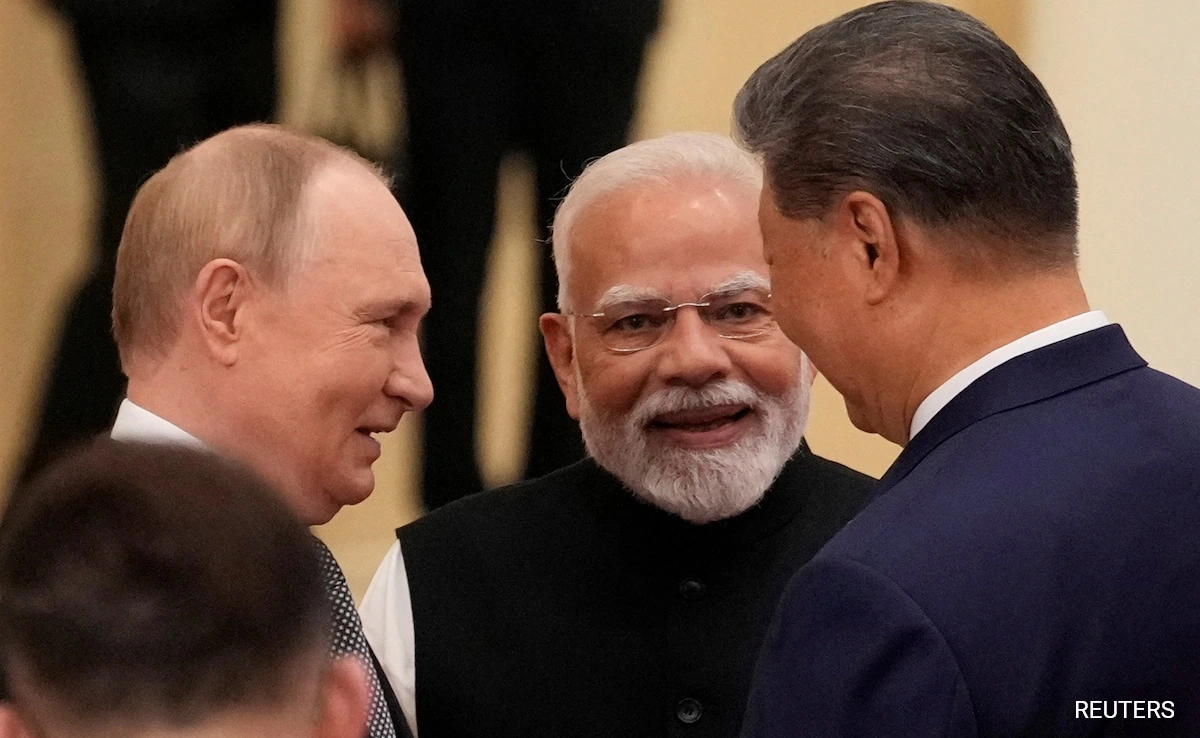The growing rift between India and the United States has raised concerns about its implications on global geopolitics, particularly in relation to China and Russia. Former President Donald Trump’s administration has often been characterized by its unconventional approach to foreign policy, which some analysts believe could inadvertently benefit rival powers like China and Russia. As the U.S. and India experience heightened tensions—stemming from trade disputes, strategic disagreements, and differing perspectives on regional security—the potential for a realignment of allegiances becomes increasingly plausible.
China, in particular, stands to gain from the weakening of the U.S.-India partnership. The longstanding rivalry between India and China, underscored by border disputes and competition for influence in Asia, could see a shift if India perceives the U.S. as an unreliable partner. This would allow China to further its ambitions in the region, potentially leading to increased economic and military cooperation with India’s neighbors. Simultaneously, Russia is keen to exploit any opportunity to undermine U.S. influence, strengthening its ties with both China and India, which could reshape the strategic landscape in Asia.
Moreover, the U.S.-India relationship is pivotal in countering China’s assertiveness in the Indo-Pacific region. However, if the current rift continues, it could hinder collaborative efforts aimed at maintaining a balance of power. This situation not only threatens the stability of the region but also complicates efforts to address broader global challenges, including climate change and terrorism. In this context, Trump’s legacy may be seen not only through the lens of domestic policy but also in how his foreign policy decisions have inadvertently influenced the dynamics of international relations, particularly in fostering a favorable environment for rivals like China and Russia to expand their influence.
As these geopolitical tensions evolve, it remains crucial for both the U.S. and India to reassess their strategies and commit to dialogue that can bridge their differences. Strengthening their partnership would not only serve their national interests but also contribute to a more stable and secure global order. The implications of a fractured India-U.S. relationship extend far beyond bilateral ties, potentially reshaping alliances and power structures in a rapidly changing world.




